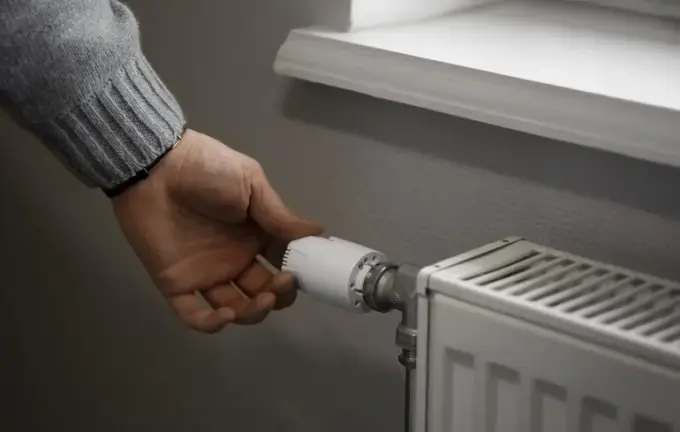Gas Supply Restrictions and Winter Risks for Ukrainians

As the cold season approaches in Ukraine, concerns mount over potential energy shortages caused by enemy attacks on gas extraction facilities.
Targeted missile strikes have disrupted the country’s gas infrastructure, risking imbalances in supply and consumption.
Currently, the national energy company Naftogaz is taking measures to increase gas imports and create additional reserves, but these efforts may not suffice.
Former Minister of Housing and Communal Services and Member of Parliament Oleksii Kucherенко emphasized in the program ‘Superposition’ that, given the gas shortages, Ukrainian regions are likely to delay the start of the heating season to reduce consumption and avoid critical stock depletion.
He noted that the highest gas usage coincides with the end of January and February, when temperatures typically plummet below zero.
This situation presents additional challenges for energy dispatchers, who must carefully allocate the limited gas supply during cold spells, as low pressure in pipelines can cause boilers to operate inadequately or stop working altogether.
This leads to a drop in indoor temperatures across residential areas.
Normally, the start of the heating season is authorized by local authorities after the government’s decision, which is made when the average daily temperature over three days remains at or below eight degrees.
Currently, in Lviv, city officials warn that a gas shortage could delay the heating season, threatening residents’ comfort and safety.
Furthermore, protests are ongoing locally against alternative water supply methods that do not depend on electricity, complicating efforts to ensure reliable utilities amid the crisis.

